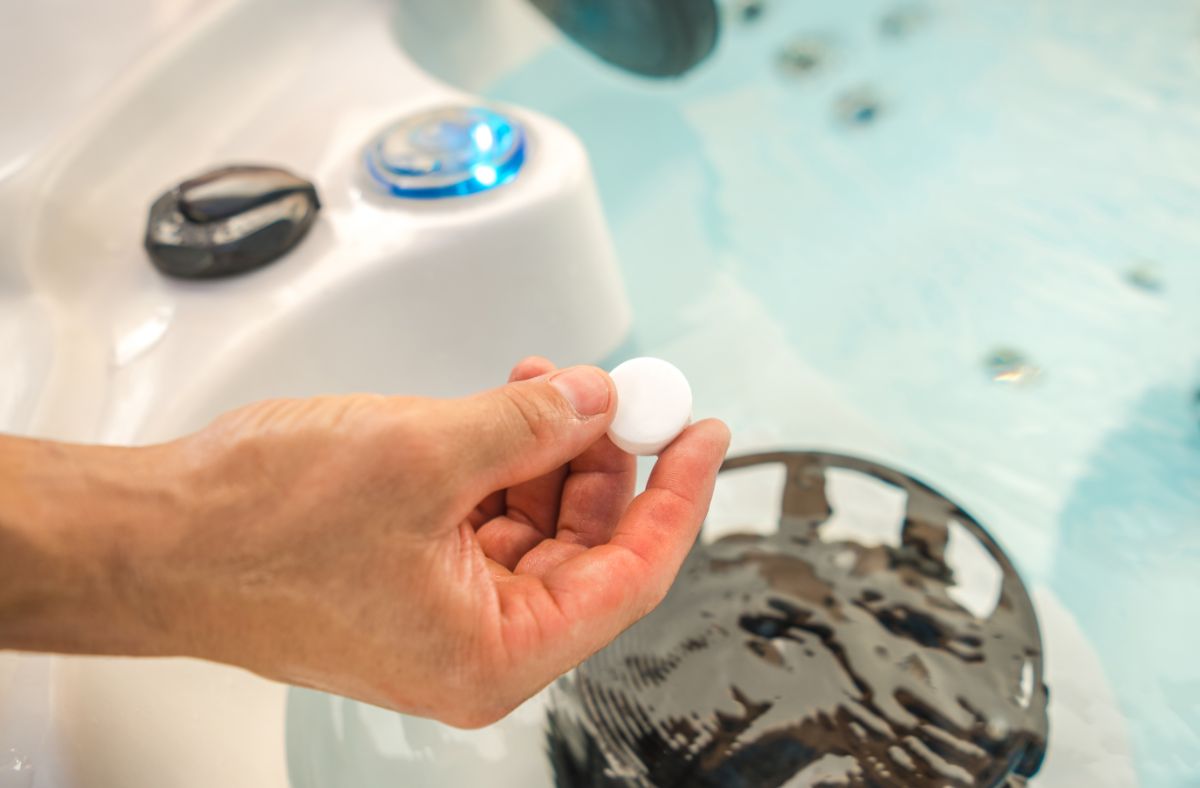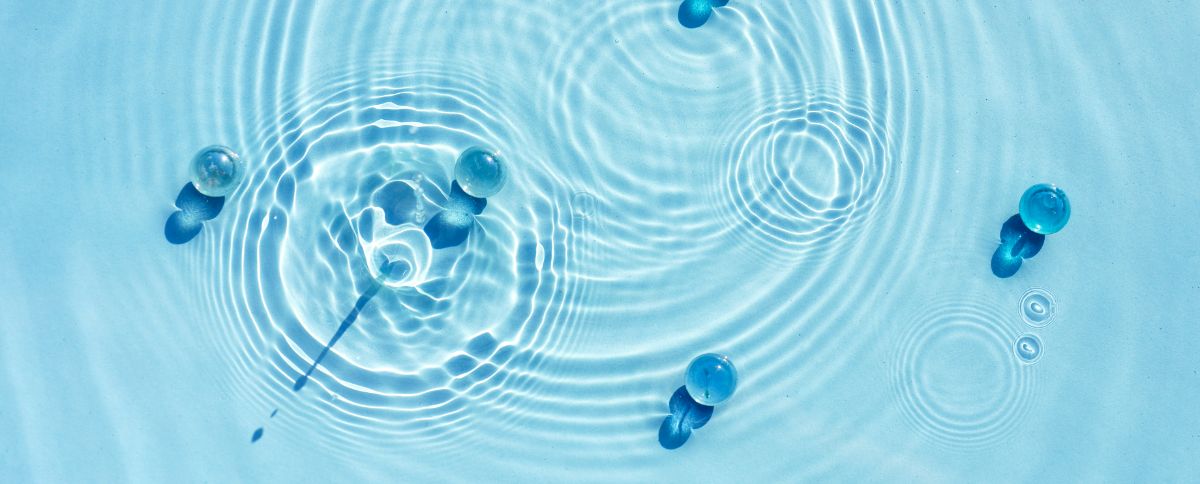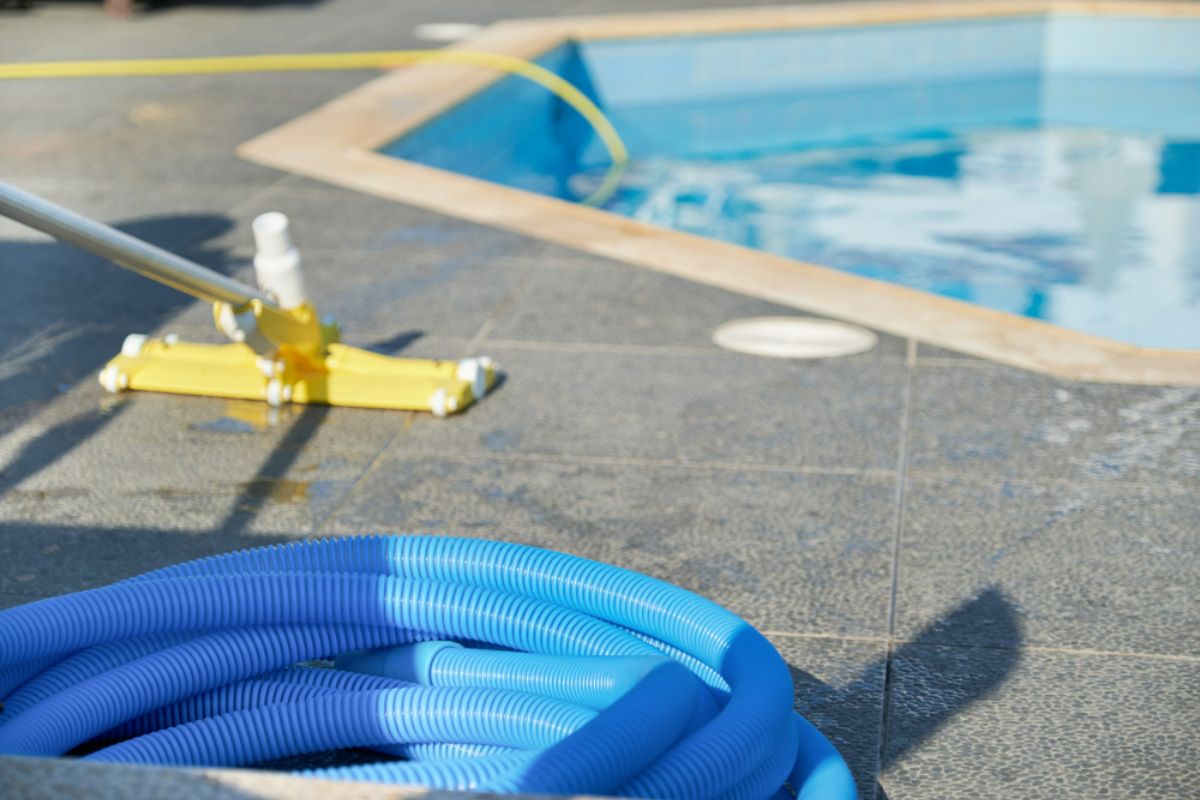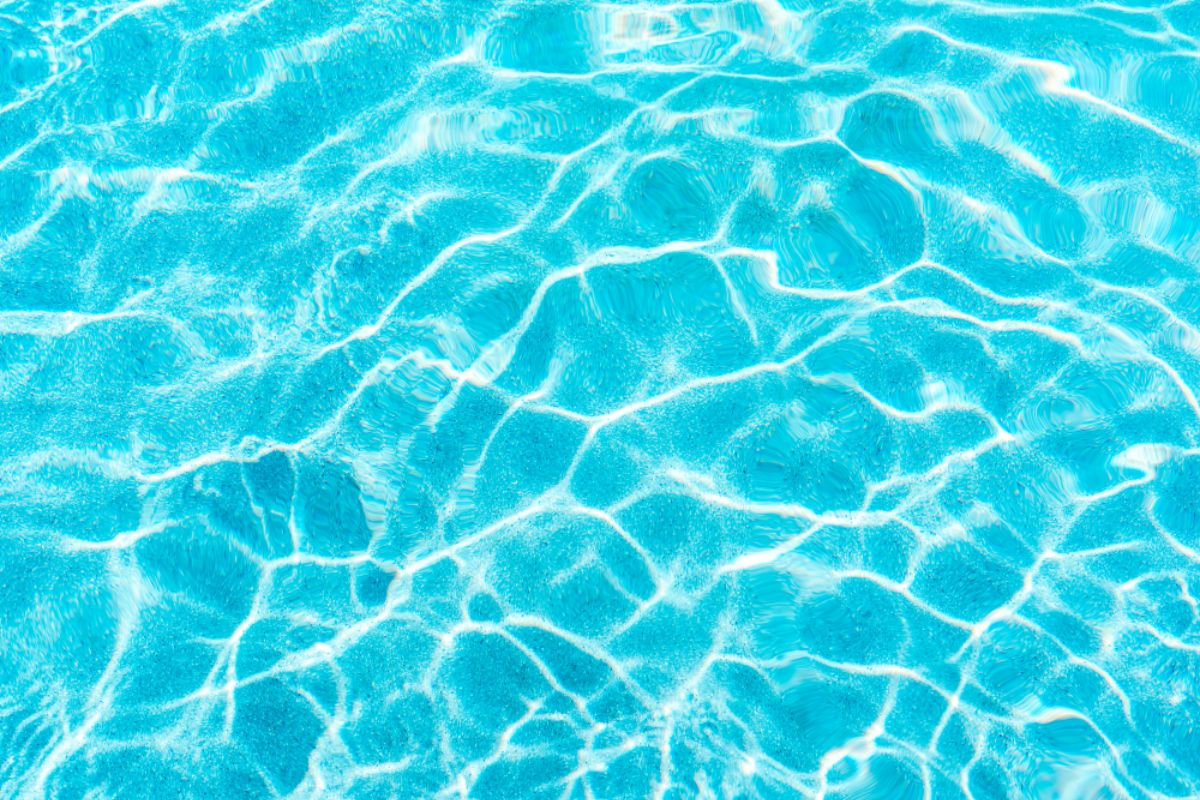What are the differences between liquid chlorine and chlorine granules?
- Cost
- Effect on pool interiors
- Effect on water chemistry
You have to make a lot of important choices if you own a pool. Do you build it in-ground, or have an above-ground pool? Should you use a manual vacuum or robotic cleaner? Which chemicals do you need, and how many?
The choice between using liquid chlorine vs chlorine granules is no different. It’s hard to determine which one is best for you and your pool needs. To help you decide on which one to use, it helps to know a little more about each product.
So, here is a quick and easy guide on the main differences between the two — read on to learn how they work, and which one is likely to best suit your pool.
How do liquid chlorine and chlorine granules work?
First, how do these products work? Chlorine is a pool chemical that helps sanitize your pool water through a process called electrolysis. To put it simply, electrolysis is what happens when the cell walls of germs, bacteria, and algae are broken down. This then kills them or prevents them from multiplying and spreading through your pool water.
As chlorine goes through this process, it also gradually breaks down. This makes it less and less effective as time passes. This is why chlorine needs to be added to your pool regularly.
Whether you choose liquid or granular chlorine, both products will sanitize your pool this way. What will help you determine which product is best for you depends on these three factors:
Cost
Liquid chlorine, also known as sodium hypochlorite, is made by compressing chlorine gas with caustic soda. It’s usually sold in bulk and for cheap, making it a popular option for larger pools or those that need frequent chlorination. However, it does have a shorter shelf life than most pool chemicals — losing up to 50% of its potency after just six months after it is first opened and used.
Chlorine granules, also known as calcium hypochlorite, are a highly concentrated form of chlorine — most of them have 70% available chlorine, but some go up to 90%.
They are just as effective and easy to use as liquid chlorine but are often priced a little bit more. However, they are much safer to store as they have longer shelf life than liquid chlorine — lasting up to two years, if properly stored.
Effect on pool interiors
Because of how it’s made, liquid chlorine is a very potent but unstable product with a pH level of 11.0 to nearly 13.0. While this allows it to kill germs, bacteria, and algae in your pool, it becomes a potentially damaging chemical for the rest of the pool.
Over time, liquid chlorine can eat away at your pool walls and tiles, so you need to be extra careful when using it. This can easily happen if you don’t take care in balancing your pool chemistry and circulating your water before adding liquid chlorine.
Chlorine granules like our Mega-Chlon Chlorine, on the other hand, are more stable than liquid chlorine. They contain 70% chlorine but have a lower pH of 10.8. That makes it safer to use in all kinds of pool interiors — including plaster and above-ground structures. So, it may be a safer choice to use in home pools and spas of all kinds.
Effect on water chemistry
While liquid chlorine may be the cheaper option — especially when you buy it in bulk — its cost may far outweigh the product’s efficiency. This is because it has a very high pH. Adding it to your pool water will sanitize it, but it will also throw your water chemistry off balance. To counteract this, you need more acid, such as HCT dry acid, to lower pH.
As we mentioned earlier, chlorine granules don’t have this problem as they have lower pH and are more stable. With a neutral pH of 10.8, it is much easier to maintain the optimum pool water pH of 7.2 to 7.6 when compared to the pH extremes of liquid chlorine. So, even if they cost a bit more upfront, you don’t have to spend more time and money just to fix your water chemistry afterward. It also dissolves rapidly and begins to work on water contaminants immediately.
Which one should I use?
Both liquid and granular chlorine are effective products for cleaning your pool water. The choice between the two comes down to what you’re looking for in your chlorine products.
Chlorine granules are a great option if you’re looking for a quick way of sanitizing your pool, without having to do additional maintenance work after using it. It’s also a good option if you need chlorine that can be stored easily for up to two years. This makes it an excellent choice for private pools, or those that don’t require intensive, regular maintenance.
Liquid chlorine is good if you’re looking for a cheap product to buy in bulk. This may be a budget-friendly choice for large commercial swimming pools, as it will get the job done the fastest and cheapest. However, it does have a very short shelf life compared to chlorine granules, so in some cases it is not the most economic option.
Take careful consideration when deciding between liquid chlorine vs chlorine granules, as it will affect how your pool maintenance goes.
Key Takeaway
When choosing between liquid chlorine vs chlorine granules, the choice will depend on how easy you want your pool maintenance to be, and whether it is suitable for your budget and pool type. All in all, chlorine granules tend to be the better option for private pools, while liquid chlorine may be good for commercial pools.
If you need help finding the right pool products for you, message Oktakem today. We have the expertise needed to help you find the best products for your needs. And, we carry all the chemicals and tools you need to keep your pool clean and clear.











